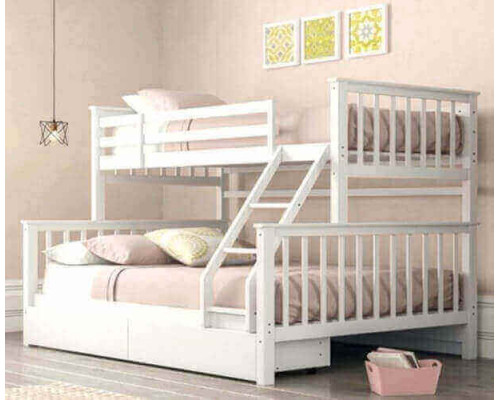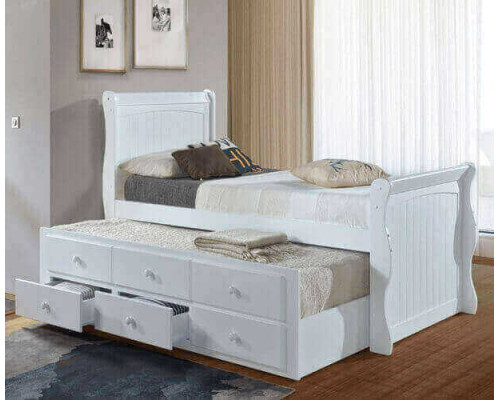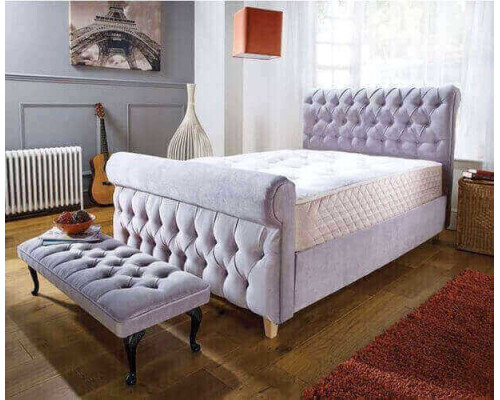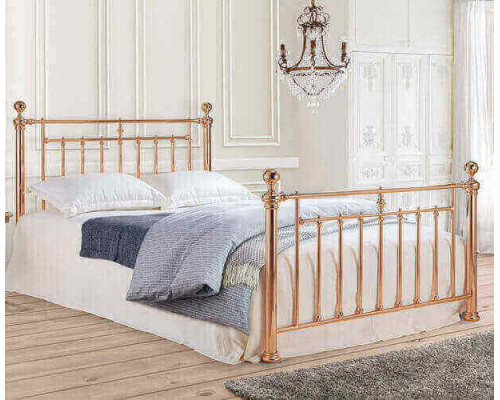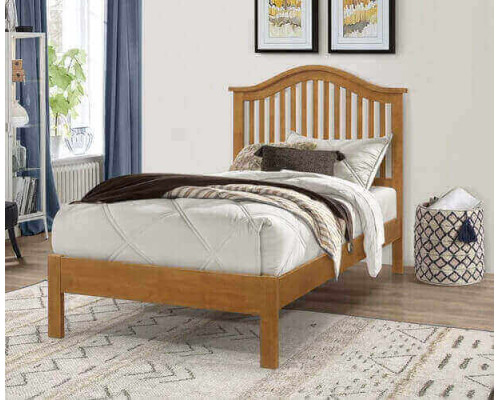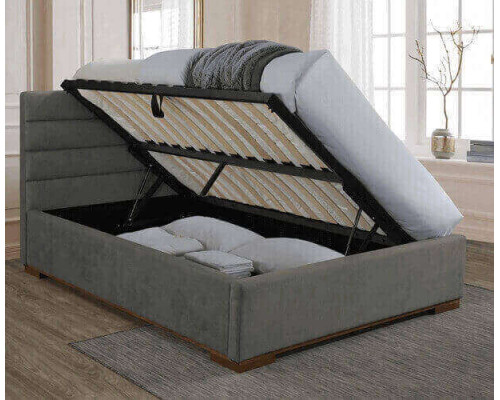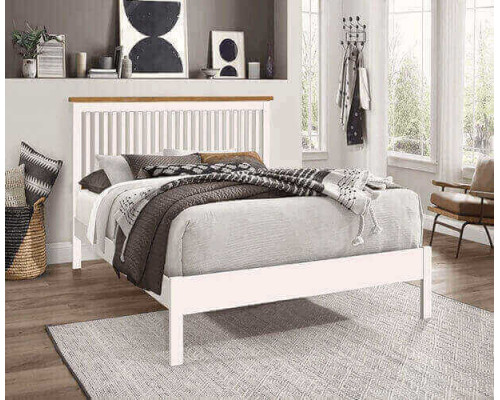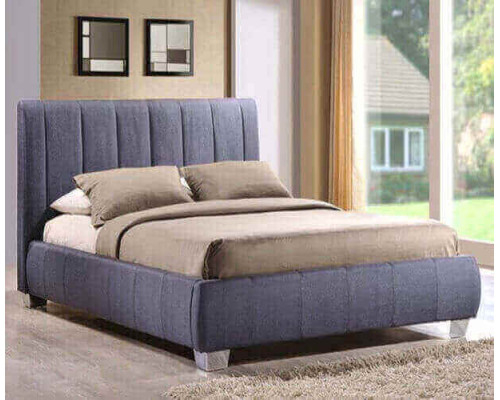Choosing the Perfect Toddler Bed

Toddler Beds
Floor Beds
Kids Beds
Transitioning from a crib to a toddler bed is a significant milestone in your child's development. Selecting the perfect toddler bed requires careful consideration of several factors to ensure comfort, safety, and longevity.
This guide provides detailed insights to help you make an informed decision.
Understanding Toddler Bed Types
Convertible Cribs
Convertible cribs transition from a crib to a toddler bed, often into a full-size bed. This type is ideal for parents looking for long-term value.
Standard Toddler Beds
Standard toddler beds are designed for toddlers, with low-to-the-ground frames and safety rails to prevent falls.
Floor Beds
Inspired by the Montessori method, floor beds encourage independence by allowing toddlers to independently get in and out of bed.
These beds sit directly on the floor or slightly elevated.
Key Features to Consider
Safety Rails
Safety is paramount. Ensure the toddler bed includes safety rails to prevent accidental falls during the night.
Material and Build Quality
Opt for beds made from durable, non-toxic materials. Solid wood frames offer longevity, while metal frames can be lighter and more portable.
Size and Fit
Toddler beds typically use crib-sized mattresses. Ensure the bed fits well in your child's room, allowing play and other furniture space.
Design and Style
Choose a bed that matches your child's personality and room decor. The options are endless, from themed beds featuring favourite characters to minimalist designs.
Mattress Firmness Considerations
A firm mattress provides the necessary support for your toddler's growing spine. Avoid overly soft mattresses that can pose suffocation hazards.
Breathability
Look for mattresses with breathable materials to ensure proper airflow and temperature regulation, promoting better sleep quality.
Hypoallergenic Materials
Consider hypoallergenic mattresses to minimize exposure to allergens and improve your child's overall health.
Transition Tips for Toddlers
Introduce the toddler bed gradually. Allow your child to play on it during the day to build familiarity before transitioning to nighttime sleep.
Consistent Bedtime Routine
Maintain a consistent bedtime routine to provide a sense of security. Include activities like reading a book or gentle rocking to help your child relax.
Use positive reinforcement to encourage your child to sleep in their new bed. Praise and small rewards can make the transition smoother.
Maintaining the Toddler Bed
Regular Cleaning
To maintain hygiene, regularly clean the bed frame and mattress. Use mild soap and water for the frame and a vacuum or a mattress protector for the mattress.
Safety Checks
Periodically check the bed for any loose screws or broken parts. Ensuring the bed remains sturdy is essential for your child's safety.
Updating Bedding
As your child grows, update the bedding to reflect their changing interests. New sheets, blankets, and pillows can refresh the bed's appeal.
Conclusion
Selecting the perfect toddler bed involves balancing safety, comfort, and style. By understanding the different types of toddler beds and considering key features, you can make an informed decision that supports your child's growth and development.
By following these guidelines, you can ensure that your toddler's bed is both a haven and a cosy space that supports restful sleep and healthy development.

